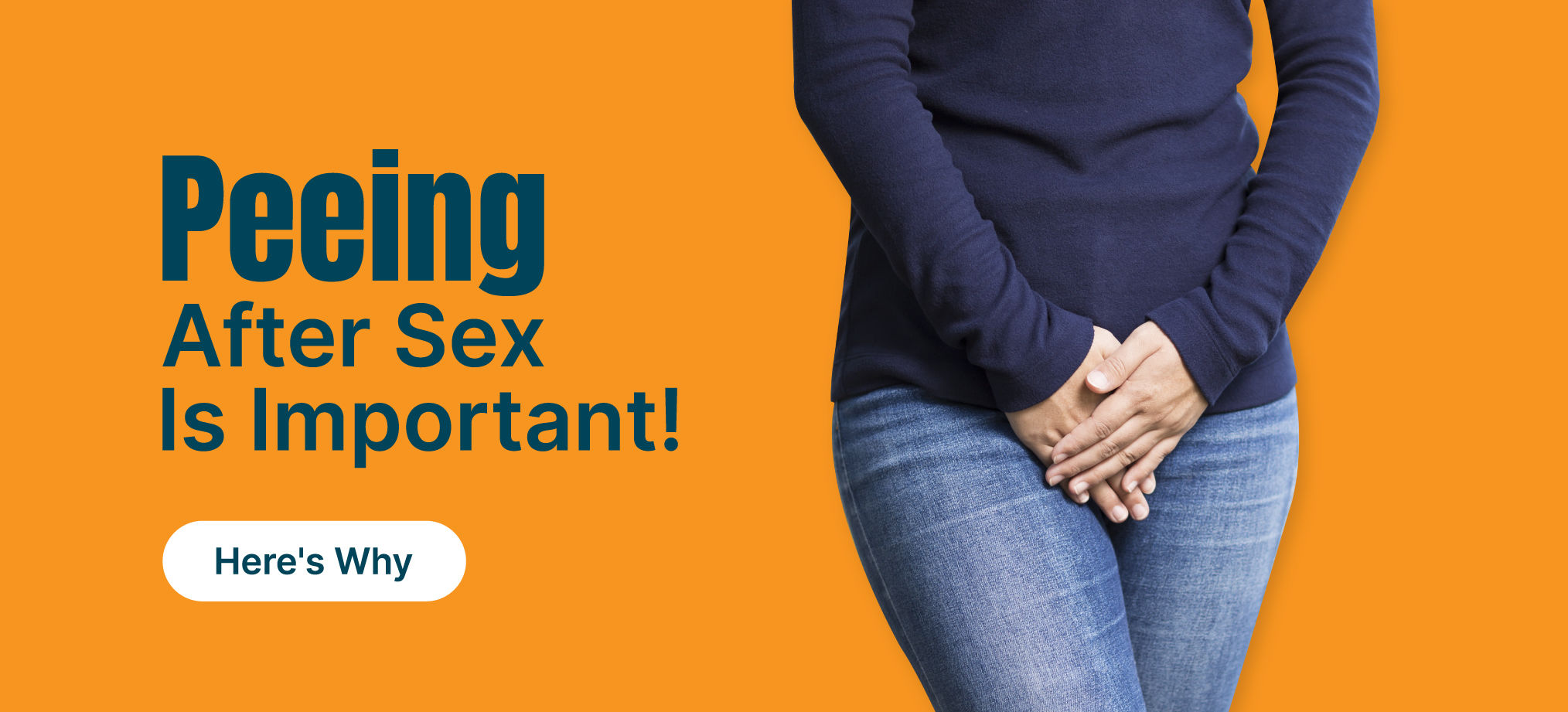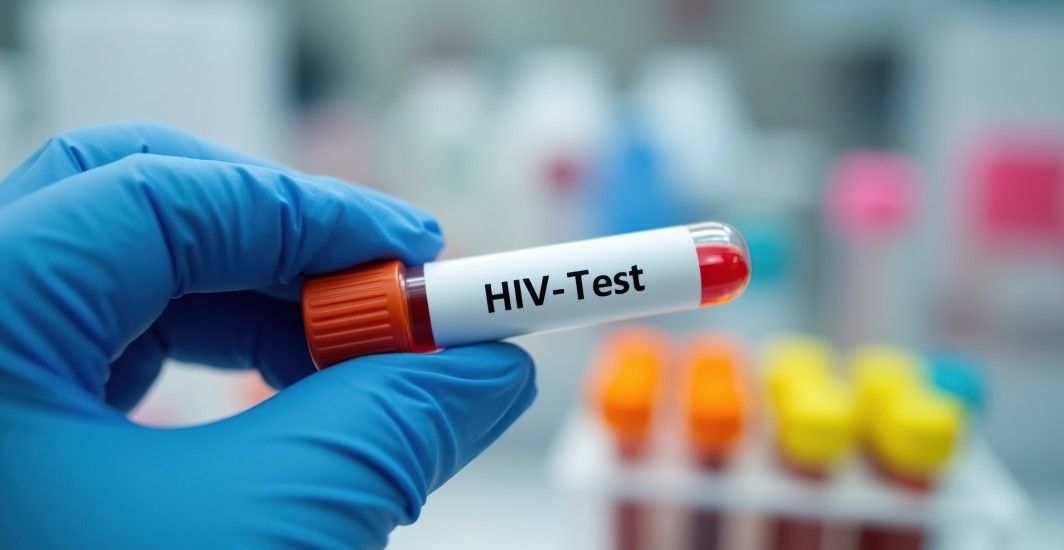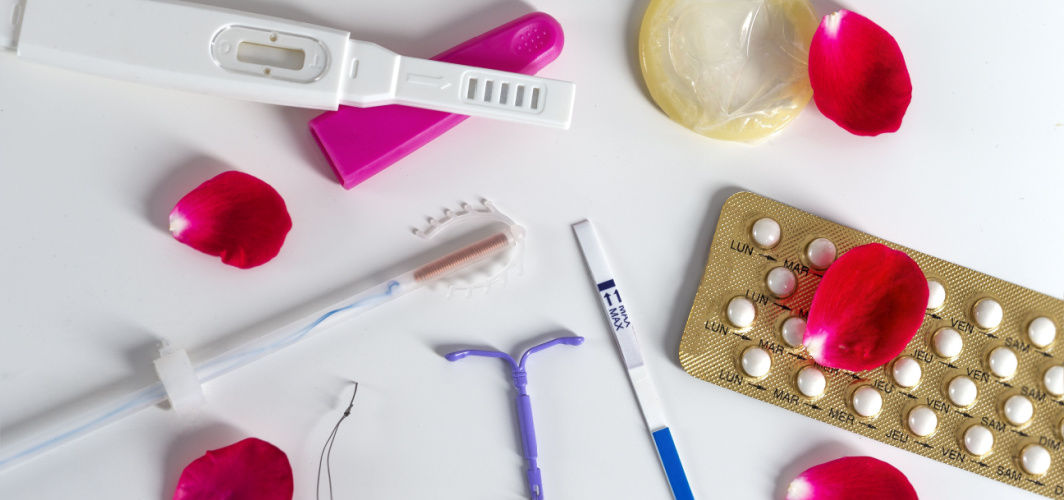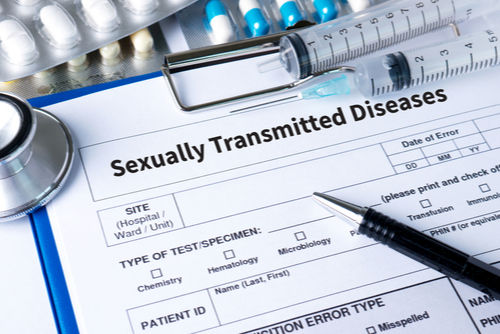Sexual Wellness
Why Should You Pee After Sex?
4 min read
By Apollo 24|7, Published on - 25 April 2022, Updated on - 17 November 2022
Share this article
0
51 likes

Blame it on lack of sex education or sheer ignorance, many adults are still clueless about post-sex practices. Fortunately, little pieces of information like these can save a good round trip to the hospital! Here is a rundown on the benefits of using the bathroom after sex.
Why should you pee after sex?
There is no better way to say it, peeing after sex can reduce your risk of developing urinary tract infections (UTIs), period. Since the urinary opening of women sits close to the vaginal opening, the sexual act can leave the urethra (the tube that passes urine out of the body) vulnerable to bacteria spread.
Attention must be paid, the urethra in women is shorter compared to men and is close to the vagina and the anus, in consequence exposing the bladder to the risk of contracting bacteria during oral, vaginal or anal sex.
Other than urinating, other post-sex hygiene practices that women should follow include:
- A good wash in “front-to-back” motion and not otherwise to avoid infections.
- If need be, use warm water to wash but not very frequently
- Avoid soaping or douching your vagina
- Avoid rubbing; only pat dry with a towel
- Do not use any vaginal lubricant or moisturisers
- Avoid itching or scratching
These FAQs can put things in a good perspective:
1. Does peeing after sex prevent pregnancy?
An absolute no. Pregnancy requires sperms to move up the vagina to the fallopian tube, whereas urine passes through the urethra. Both these passages are separate and function independently. To avoid pregnancy, use condoms or contraceptives. Peeing post-sex also doesn’t affect your chances of conceiving.
2. Should men too pee after sex?
At any rate, it will only be helpful! Medical studies show urinating post-sex can help men stay clear of UTIs and prostate infections. However, since the penetrative partner passes urine and ejaculates semen through the same tube, most bacteria are flushed out of his system during ejaculation.
3. What’s the window for post-sex urination?
Intimacy improves your physical and mental health. Therefore, there is no need for you to hop out of your bed and rush to the bathroom immediately after the act. Cherish your post-sex intimate moments and clock your bathroom trip at 30 minutes post intercourse.
4. Does peeing post-sex also prevent STIs?
A definite no! Since the urinary opening and penetrative opening are separate, peeing post-sex can’t help prevent sexually transmitted infections (STIs). For the prevention of STIs,
- Use barriers like condoms for men and women.
- Have yourself tested periodically.
5. Should one pee after sex even if the sex was non-penetrative?
Yes, don’t think twice. Peeing and cleaning your privates after sex (penetrative or non-penetrative) is essential since the exposure of your genitals and body fluid remains the same.
6. Why does it burn when you pee after sex?
It is common to feel a mild burning sensation while peeing post-sex. This burning sensation often phases out on its own. But if it persists and accompanies discharge, foul smell, fever or back pain, reach out to your gynaecologist.
7. When to consult a doctor?
Men may not be as susceptible to UTIs as women, but that doesn’t rule out their chances of contracting them, and then there are yeast infections that partners can pass during sex. So, the signs that may require a doctor’s visit include:
For women:
- Itching and irritation in the vagina and vulva
- Burning sensation during intercourse or urination
- Pain, soreness or rash in the vagina
- Redness and swelling in the vulva
For men:
- Redness, swelling, itching or burning on the penis tip or the foreskin
- A moist feeling on the penis tip
- Cottage like discharge and unpleasant smell
- White patches on the skin
The wisdom stamp
Medical evidence shows post-sex peeing is a healthy practice that may help you dodge an infectious disease. If you or your partner experience signs of urinary tract infection, see a physician at your earliest.
Have more questions?
Sexual Wellness
Leave Comment
Recommended for you

Sexual Wellness
Worried About HIV Exposure? A Simple HIV Test Can Give You Clarity and Control
Concerned about possible HIV exposure? A simple HIV test can provide clarity, peace of mind, and help you take control of your health. Learn when to get tested and what to expect.

Sexual Wellness
If Not Condoms What Can Be Used As Protection During Sex?
Even if you are bothered by the rubbery feeling of condoms during sex or have an allergy to latex, you shouldn't shy away from protection. In this article, find out more about the other methods of protection other than condoms.

Sexual Wellness
5 Things You Should Start Practising To Improve Your Sex Life
It’s common for couples to get stuck in a sexual rut, not quite being able to enjoy the passionate sex life they once had. There can be a number of reasons behind dry spells in relationships. This blog offers some effective tips for improving your sex life.
Subscribe
Sign up for our free Health Library Daily Newsletter
Get doctor-approved health tips, news, and more.
Recommended for you

Sexual Wellness
Worried About HIV Exposure? A Simple HIV Test Can Give You Clarity and Control
Concerned about possible HIV exposure? A simple HIV test can provide clarity, peace of mind, and help you take control of your health. Learn when to get tested and what to expect.

Sexual Wellness
If Not Condoms What Can Be Used As Protection During Sex?
Even if you are bothered by the rubbery feeling of condoms during sex or have an allergy to latex, you shouldn't shy away from protection. In this article, find out more about the other methods of protection other than condoms.

Sexual Wellness
5 Things You Should Start Practising To Improve Your Sex Life
It’s common for couples to get stuck in a sexual rut, not quite being able to enjoy the passionate sex life they once had. There can be a number of reasons behind dry spells in relationships. This blog offers some effective tips for improving your sex life.
